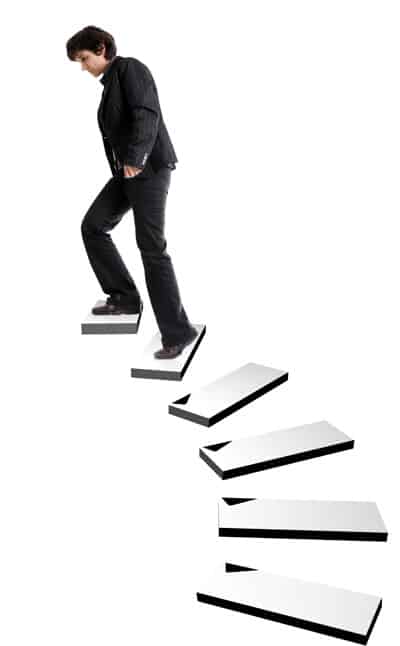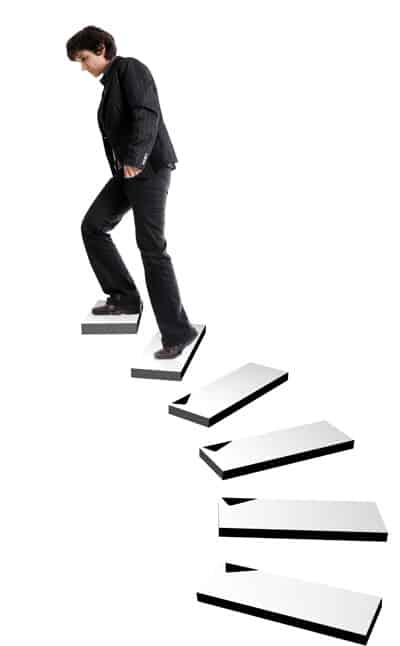
Alcoholics Anonymous and their 12 step program originated back in the 1930s with Bill Wilson and Dr. Bob Smith. Since its beginning, the 12 step program has been used to help people suffering from all kinds of addictions along the road to recovery. Although it began as a way to help alcoholics, the 12 step model is now used to treat many kinds of addiction, as they all have common characteristics.
While there are 12 steps in the program, it can be broken down into four main areas that addicts must address in order to improve their lives. The first three steps involve inviting God or some other higher power to aid in recovery. An addict must admit that they can’t handle this problem on their own, that there is a Higher Power, and decide to turn their lives over to Him. The first steps are:
1. We admitted we were powerless over alcohol – that our lives had become unmanageable.
2. Came to believe that a Power greater than ourselves could restore us to sanity.
3. Made a decision to turn our will and our lives over to the care of God as we understood Him
The second stage consists of four steps that deal with self inventory and commitment to change. An addict must admit their wrongdoings to themselves, to God, and to another human being and ask God to help them make restitution to themselves and others. Steps 4-7 are:
4. Made a searching and fearless moral inventory of ourselves.
5. Admitted to God, to ourselves, and to another human being the exact nature of our wrongs.
6. Were entirely ready to have God remove all these defects of character.
7. Humbly asked Him to remove our shortcomings.
The third stage involves making a list of all of the people who have been wronged as a result of the addict’s behavior and to try to make things right. They must “make amends to such people wherever possible, except when to do so would injure them or others.” This process of taking personal inventory, recognizing wrongdoings, and making amends, is a process that an addict must repeat over and over in order to have a successful recovery. Steps 8-10 are:
8. Made a list of all persons we had harmed, and became willing to make amends to them all.
9. Made direct amends to such people wherever possible, except when to do so would injure them or others.
10. Continued to take personal inventory, and when we were wrong, promptly admitted it.
The fourth stage of the 12 step program is all about looking to the future and moving forward. Recovering addicts are admonished to seek out God’s will for their life and to follow Him as they move forward. They are also asked to share the things they’ve learned with someone else who can benefit from this program. Steps 11 & 12 are:
11. Sought through prayer and meditation to improve our conscious contact with God as we understood Him, praying only for knowledge of His will for us and the power to carry that out.
12. Having had a spiritual awakening as the result of these steps, we tried to carry this message to alcoholics, and to practice these principles in all our affairs.

